Australian consultation on targets: The George Institute response

The Australian Government has recently developed 36 draft voluntary food reformulation targets for sodium, sugar and saturated fat, and released them for public consultation. The George Institute for Global Health strongly supports nutrient reformulation as a public health measure to improve diets and population health and welcomed the opportunity to comment on the proposed targets. […]
Label v. Lab: How do sodium values compare?
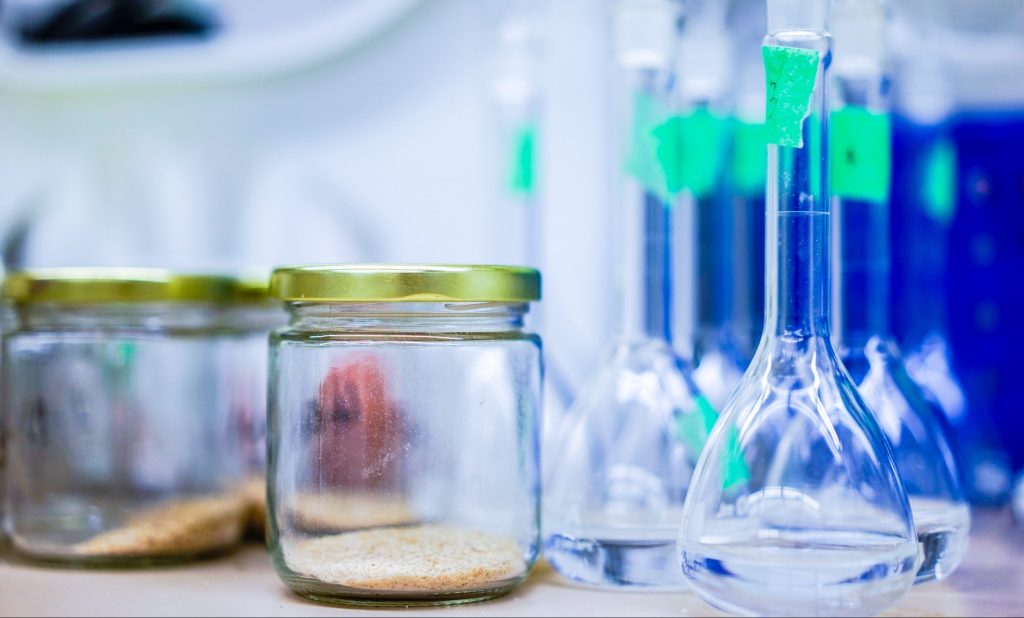
A study by Ahuja et al compared the sodium values on product labels with laboratory values of popular sodium-contributing foods in the US. The comparative analysis of 114 foods (1,390 composites, consisting of one or more samples of the same food) showed that a majority of label and laboratory values were in agreement. Periodic monitoring […]
Evidence-based, best practices of front-of-pack labelling (FOPL)
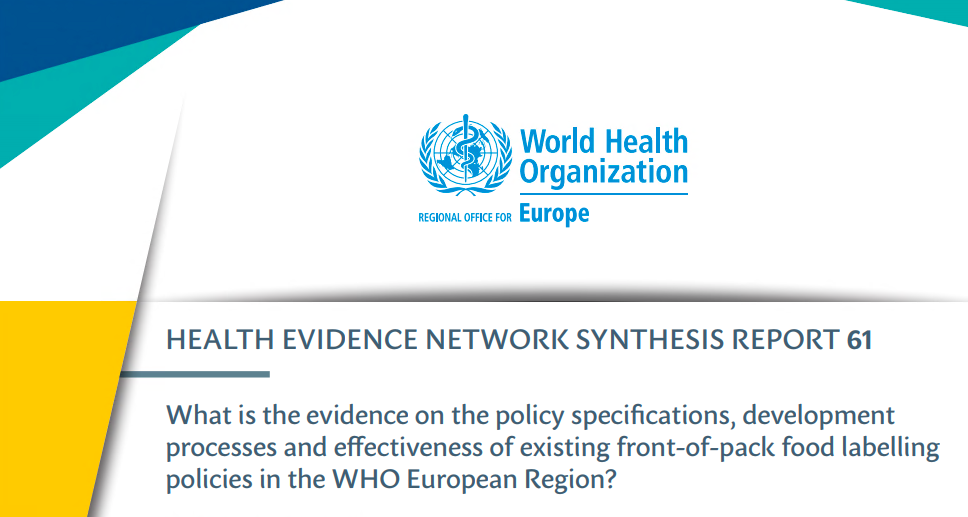
A recent report by WHO Europe has synthesized evidence on the specifications, development processes and effectiveness of FOPL policies in the WHO European Region. The report aims to support policy-makers in establishing and sustaining FOPL systems that maintain consistent and familiar labels, with a key strategy focusing on product unhealthfulness to steer consumers towards more […]
Web based learning improves salt-smarts in children (Victoria, Australia)

Grimes CA et al conducted a study investigating the efficacy of a digital education program on salt reduction in 83 children (mean age= 9yrs). The intervention included weekly interactive online sessions, conducted over 5-weeks. Surveys on knowledge, attitudes and behaviours (KABs) were conducted pre and post intervention with a 24-hr urine collection taken to estimate […]
Republic of Moldova: New research establishes baseline salt intake
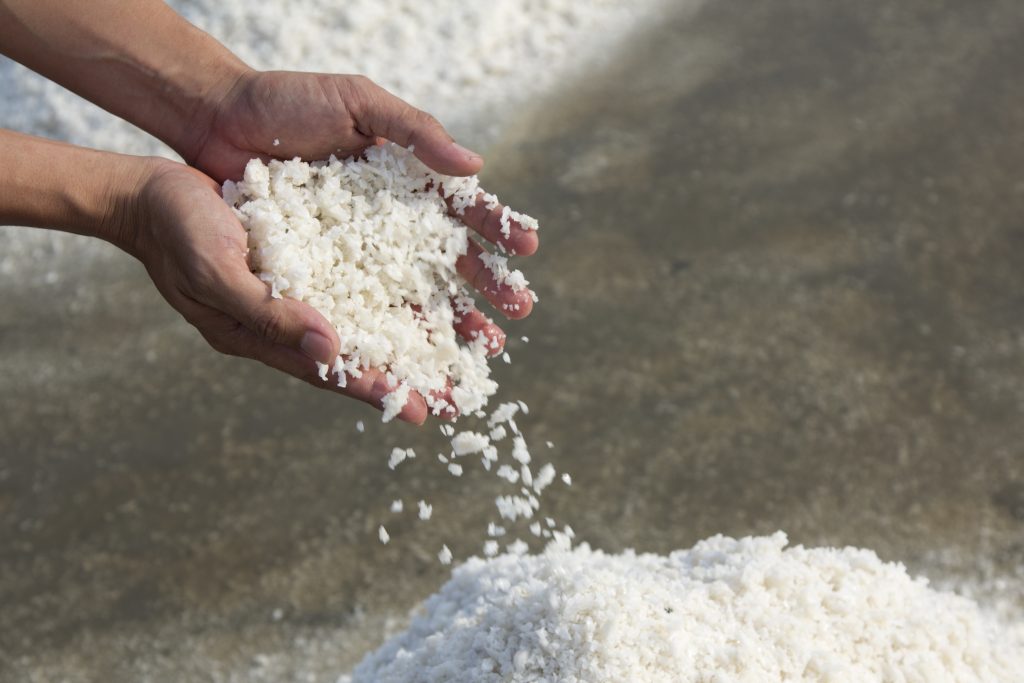
A study was conducted by the WHO in the Republic of Moldova in 2016, aiming to establish baseline levels of population intake of sodium, potassium and iodine, using 24-hour urine tests on a nationally representative sample (n=858; aged 18-69 years). The survey further assessed knowledge, attitudes, practices and behaviours related to salt consumption. Average daily […]
A first STEP for Iran to measure national salt intake
A preliminary indication of national salt intake levels in Iran was gained through the 2016 WHO STEPwise survey conducted on a nationally representative survey, which included collection of spot urine samples (n= 18,624). Rezaei S et al reported on these findings, publishing in the Journal of Hypertension in July 2018. Mean salt intake was 9.52 […]
Protocol for the process evaluation of a complex, state-wide salt reduction intervention
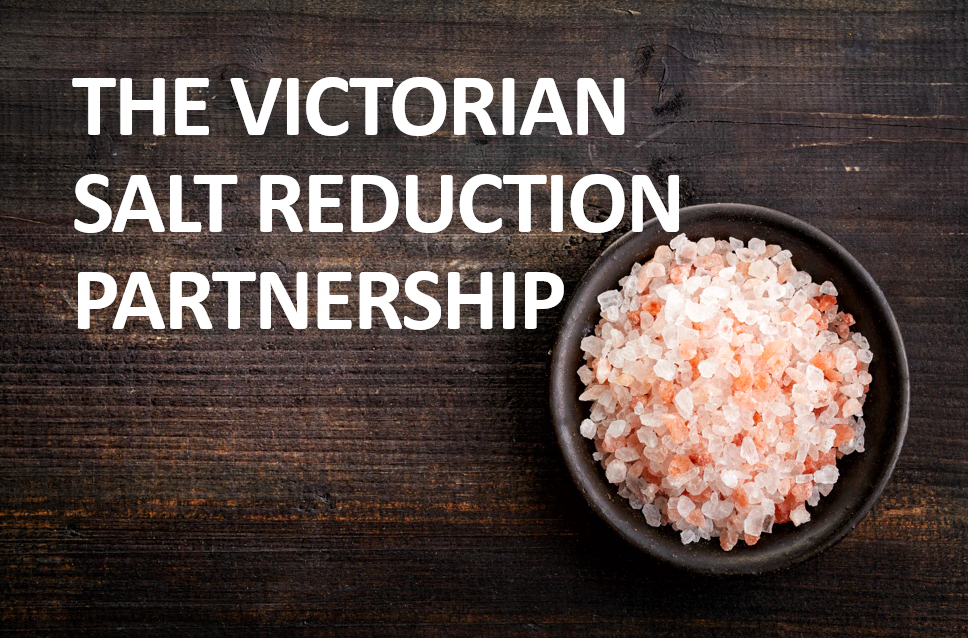
A protocol published by Trieu K et al details the process evaluation of a state-wide salt reduction intervention in Victoria, Australia (awaiting completion in December 2019). The framework to evaluate effectiveness and cost-effectiveness will allow understanding of; ‘does it work?’, ‘how and why it works?’, ‘under what circumstances?’ and ‘at what cost?’. This process allows […]
Evaluation of Samoa’s National Salt Strategy: What interventions can be successfully replicated in lower-income countries?
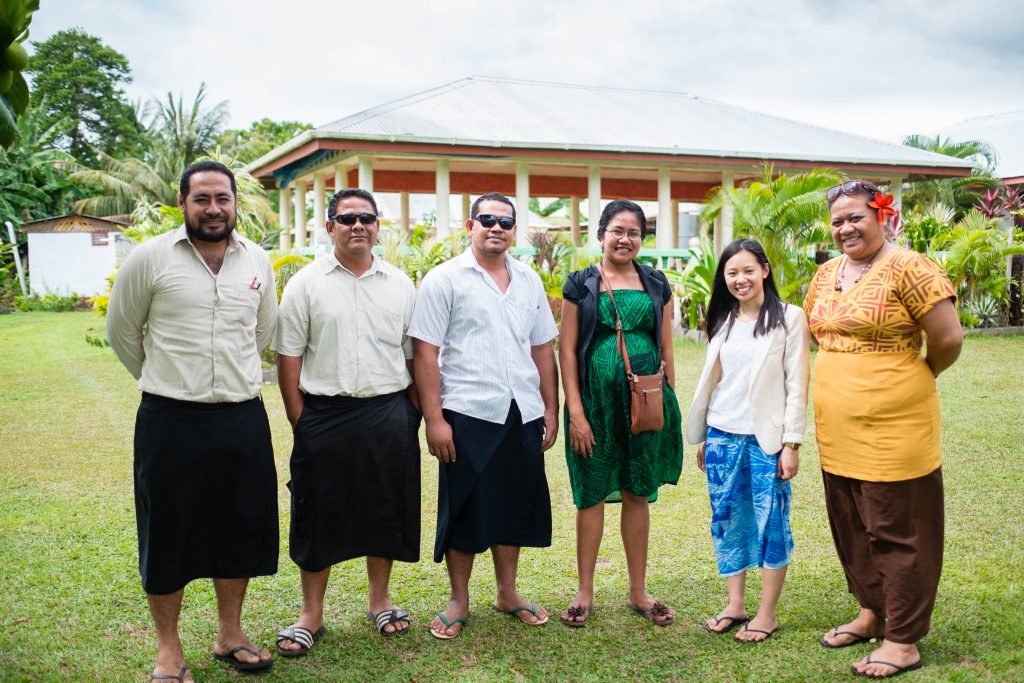
Trieu K et al conducted a process evaluation of a national salt reduction strategy implemented in Samoa, investigating the reach, dose/adoption, fidelity, cost and context of implemented programs over the course of 18 months. The strategy consisted of awareness campaigns, community mobilization and policy and environmental changes. Data for the process evaluation was routinely collected […]